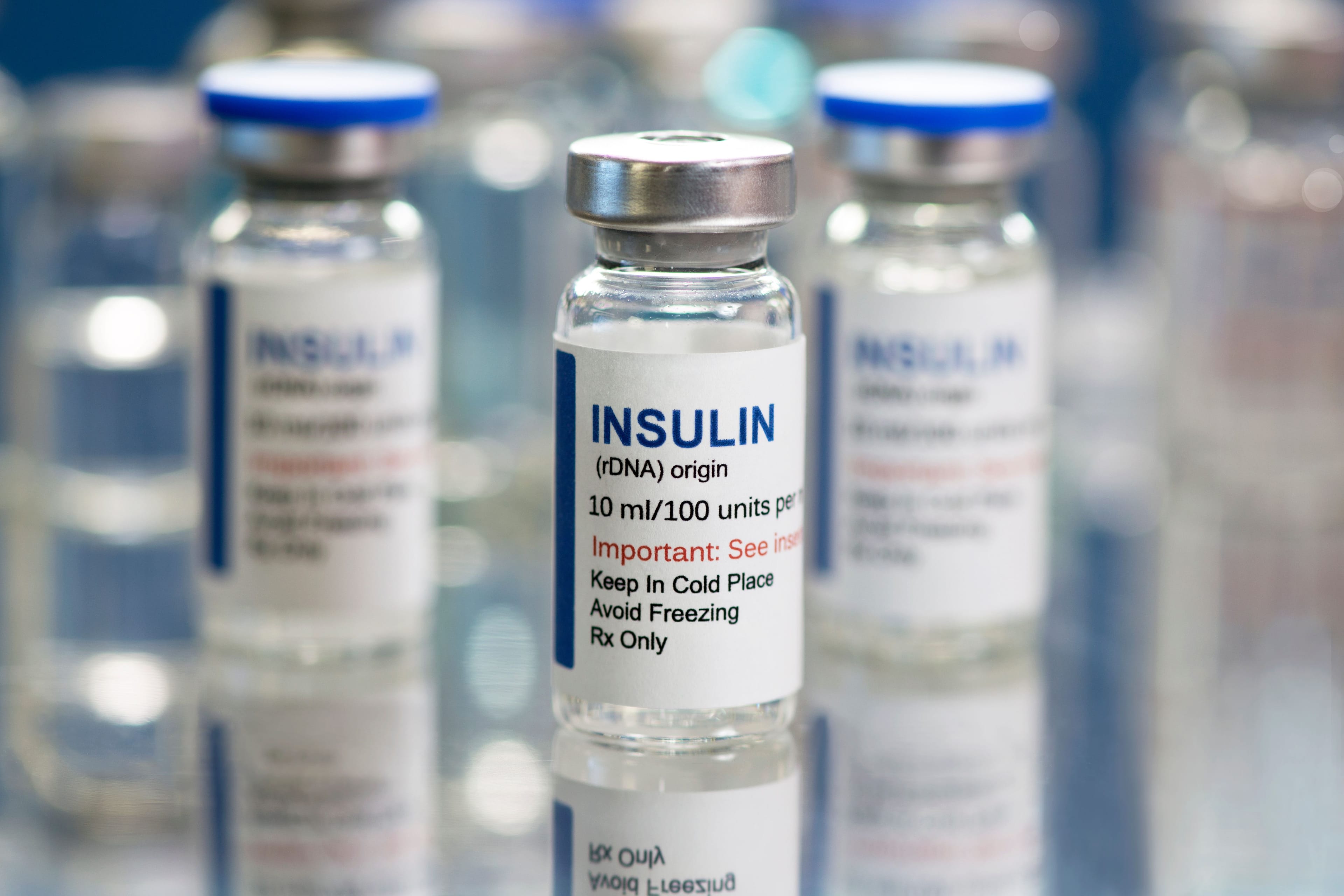The Federal Trade Commission (FTC) Files Suit Against Several Prescription Drug Middlemen in Response to Artificially Inflated Costs for Insulin
FTC Takes Legal Action Against Prescription Drug Middlemen for Driving Up Insulin Costs Through Anti-Competitive Practices
Updated on
On September 20th, the Federal Trade Commission (FTC) filed an administration action against Caremark Rx, OptumRx, and Express Scripts, three of the country’s largest prescription drug benefit managers (PBMs), along with their group purchasing organizations (GPOs) Ascent Health Services, Zinc Health Services, and Emisar Pharma Services, claiming that the companies collectively abused their power as insulin drug distributors by establishing an onerous rebate system and engaging in anti-competitive behavior in violation of Section 5 of the FTC Act (15 U.S.C. § 45) to inflate insulin costs and increase profits at the customers’ expense. These three PBMs (i.e., the “Big Three”) collectively administer approximately 80% of all insulin prescriptions in the United States and as such, maintain significant influence over which specific brands their customers can access and at what overall cost they can do so.
According to the FTC’s complaint, the PBMs conspired to establish exclusionary drug coverage practices and rebate systems that collectively preference high list price products over more affordable options in order to shift the growing cost of insulin onto their patients. Specifically, commencing in 2012, the PBMs created restrictive formularies that wholly excluded certain drugs from health insurance coverage. Prior to this time, formularies were fairly open, covering most FDA-approved drug options. The establishment of restrictive formularies in 2012, however, has allowed the PBMs, through their GPOs, to steadily demand increasingly higher fees and rebates from the drug developers. The developers continue to comply with such demands to ensure inclusion on the lists. Per the FTC, successfully securing formulary coverage is imperative for the insulin manufacturers in order to access and retain patients covered by commercial health insurance. Leveraging their size, the PBMs have successfully extracted unreasonably high rebates in exchange for advantageous formulary inclusion and placement. This practice has led to artificially inflated insulin list prices, since products with the highest prices generate the highest fees and rebates for the PBMs, even though the drug manufacturers aren’t receiving any additional benefit in exchange for such payments.
The PBMs and GPOs are lining their pockets with excessive rebates while their patients are stuck with exorbitant, and oftentimes unaffordable, out-of-pocket costs that are based on the drug’s unrebated list price (also known as the “wholesale acquisition cost”) in lieu of a materially lower, rebated net price. As one Vice President of Novo Nordisk stated, the respondents are “addicted to rebates.” Instead of ending up in the patients’ hands, the rebates are being used by the PBMs, in no small part, to attract more clients (including employers, health insurers, and payers) who contract with the PBMs for pharmacy management services, including the creation of drug formularies. As the PBMs’ rebate pressures continue, insulin list prices continue to soar. In fact, per the FTC’s complaint, the list price of Novolog U-100, a popular insulin medication manufactured by Novo Nordisk, has more than doubled in price since 2018.
The FTC is now seeking to prevent the PBMs and their GPOs from continuing to collect and retain such large rebates, arguing that the money should, instead, be used to reduce the cost of insulin for affected patients to an affordable level. Per the FTC’s complaint, an alarming one in four insulin patients are currently unable to afford their live-saving medication. As Rahul Rao, the Deputy Director of the FTC’s Bureau of Competition professed: “Millions of Americans with diabetes need insulin to survive, yet for many of these vulnerable patients, their insulin drug costs have skyrocketed over the past decade thanks in part to powerful PBMs and their greed.” The patients are effectively trapped by the PBMs anti-competitive and unscrupulous cost-shifting practices, since they generally cannot discontinue purchasing insulin, switch health plans, freely switch insulin products, negotiate their health plan’s cost-sharing provisions, or access confidential rebate information in order to compare the cost-sharing provisions of the various available health plans.
While the PBMs and their GPOs are the only parties subject to this administrative complaint, the FTC made is clear in a statement issued the same day that drug manufacturers such as Sanofi, Novo Nordisk, and Eli Lilly are also potentially culpable for the inflated price scheme, and that such entities should understand that their involvement raises solemn concerns which may result in future action being taken against them. AsRahul Rao warned, “The FTC’s administrative action seeks to put an end to the Big Three PBMs’ exploitative conduct and marks an important step in fixing a broken system—a fix that could ripple beyond the insulin market and restore healthy competition to drive down drug prices for consumers.”
The FTC vote to file this administrative complaint was 3-0-2. Commissioners Andrew N. Ferguson and Melissa Holyoak were recused. The Health Care Division of the FTC’s Bureau of Competition is responsible for handling the action.


